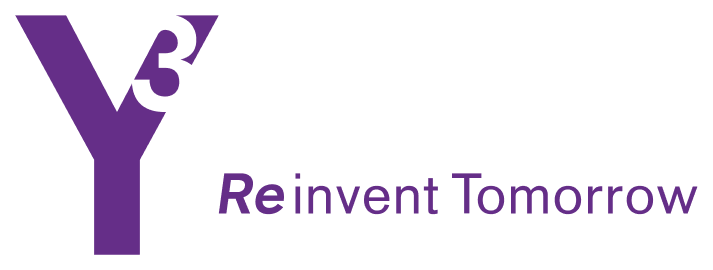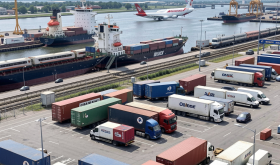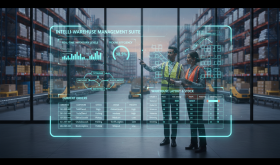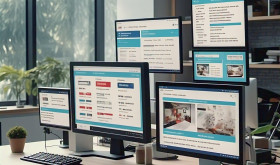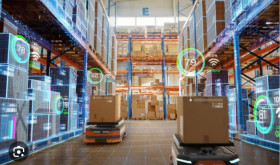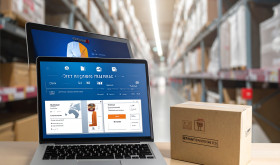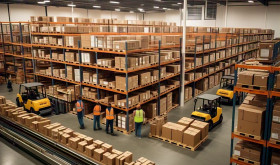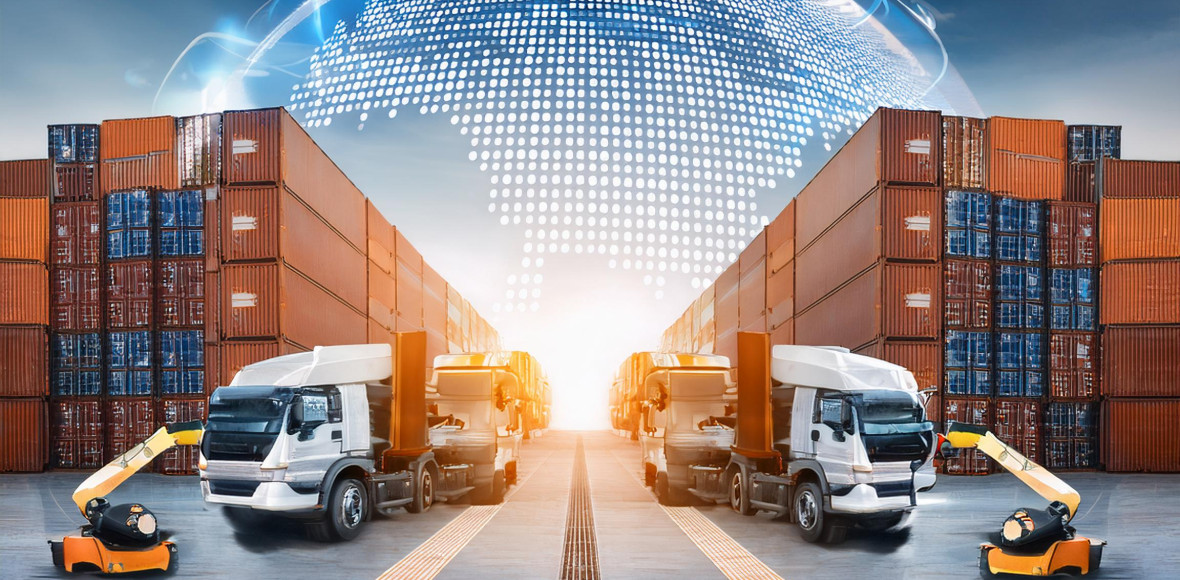
Transport Management Systems have become essential tools to address the complex challenges global supply chains face in 2025. Today’s logistics requires flexibility, transparency, and accuracy to handle issues from political instability to climate-related disruptions. Advanced Transport Management System solutions boost these abilities. Let’s explore how these systems tackle the most urgent supply chain problems and improve operational resilience.
Current Supply Chain Challenges in 2025
- Political and Economic Uncertainty
Trade wars have made a comeback, tariffs are changing, and regional conflicts like the Red Sea crisis have created a lot of uncertainty. Export-import rules change fast, and events like the Suez Canal blockage in 2024 show how one incident can stop global trade routes. These issues put pressure on old supply chain models pushing companies to develop new ways to change routes.
- Climate-Caused Disruptions
Floods caused 70% of weather-related supply chain problems in 2024, which means climate change is no longer just a future risk but a current threat to operations. Recent disasters like the Appalachian floods stopped important transport routes showing why companies need to plan for emergencies in real-time.
- Labor Shortages
Europe’s trucking industry has a 17% driver shortage, and 9% of drivers are younger than 30. This problem will get worse putting last-mile delivery at risk across many sectors. As the workforce gets older, it creates more efficiency problems when online shopping is growing.
- Pressure to Be Green
Customers and rule-makers want cleaner shipping methods. Now, 63% of companies focus on cutting their carbon output. But it’s tough to balance being eco-friendly and keeping costs down without detailed info on shipment pollution and fuel consumption.
- Online Security Risks
Cyberattacks on logistics networks saw a 38% increase year-over-year through Q1 2025 aiming at weak points in supply chains that have become more digital. Strong system protection and data accuracy are now essential.
How Transport Management System Solutions Address These Challenges
Dynamic Route Optimisation
Up-to-date Transport Management System platforms use AI to examine:
- Current weather conditions
- Warnings about political unrest
- Information on port backups
- Changes in fuel costs
This allows automatic changes to routes around flooded areas or war zones. During the 2024 Valencia floods, companies using Transport Management Systems cut delivery delays by 41% compared to those using manual methods.
Labor Force Enhancement
Transport Management Systems help with driver shortages by:
- Load consolidation: AI-powered pallet optimization cuts necessary trips by 22%
- Predictive scheduling: Matches shipments to available workforce
- Automated documentation: Slashes paperwork by 60% for current employees
Companies that use Transport Management Systems see 31% higher driver retention because of better work conditions from smarter schedules.
Emission Cuts
Top Transport Management System platforms now have carbon tracking tools that:
- Measure CO₂ output for each shipment
- Stack up carrier environmental scores
- Offer green options that don’t cost more
A 2024 report showed Transport Management System users cut emissions by 18% by:
- Routes that save fuel
- Better use of cargo space
- Tips to switch transport modes (like using trains instead of trucks)
Main Features of Transport Management Systems That Are Changing the Game
Real-Time Visibility
Unified dashboards show:
- Where shipments are right now
- How customs clearance is going
- How cold (or hot) perishable goods are
- How well carriers are doing their job
Stores that started using this in 2024 ran out of stock 27% less often.
Spotting Trouble Before It Happens
New systems now include:
- Geopolitical risk databases: Updated trade sanctions and tariff changes
- Climate modelling: Predictive analytics for flood/storm impacts
- Cyber threat detection: Encrypted data flows and anomaly monitoring
Collaborative Logistics
Transport Management System breaks down barriers by allowing:
- Manufacturers and retailers to see shared inventory
- All stakeholders to get automatic alerts about exceptions
- Carriers and shippers to use the same communication channels
This teamwork cut supply chain misunderstandings by 34% in 2024.
Implementation Considerations
Integration Complexity
Successful Transport Management System deployment requires:
| Consideration | Solution |
| Legacy system compatibility | API-first platforms |
| Data standardization | EDI/XML mapping tools |
| User adoption | Gamified training modules |
Looking at Costs and Benefits
While it costs about $250,000 for medium-sized companies to set this up, they start seeing returns within 14 months because:
- 12-18% drop in freight costs
- 25% decrease in inventory holding expenses
- 15% boost in OTIF (On-Time-In-Full) scores
What’s Next
The Transport Management System market will grow from $28.9B (2022) to $61.4B by 2027 as businesses focus on:
- AI-driven predictive logistics: Spotting problems before they happen
- Blockchain use: Boosting shipment safety and rule-following
- Self-driving vehicle management: Getting ready for networks of driverless trucks
As DHL’s 2025 Risk Report points out, “Organisations without advanced Transport Management System capabilities will face existential risks in this decade’s volatile trade landscape.”
Transport Management Systems have changed from tools to improve efficiency to strategic must-haves. By tackling 2025’s two main challenges – more disruptions and the need to be sustainable – Transport Management System platforms help companies build supply chains that are not just productive, but tough. As political and environmental pressures grow, putting money into these systems will set apart industry leaders from those finding it hard to keep up.
